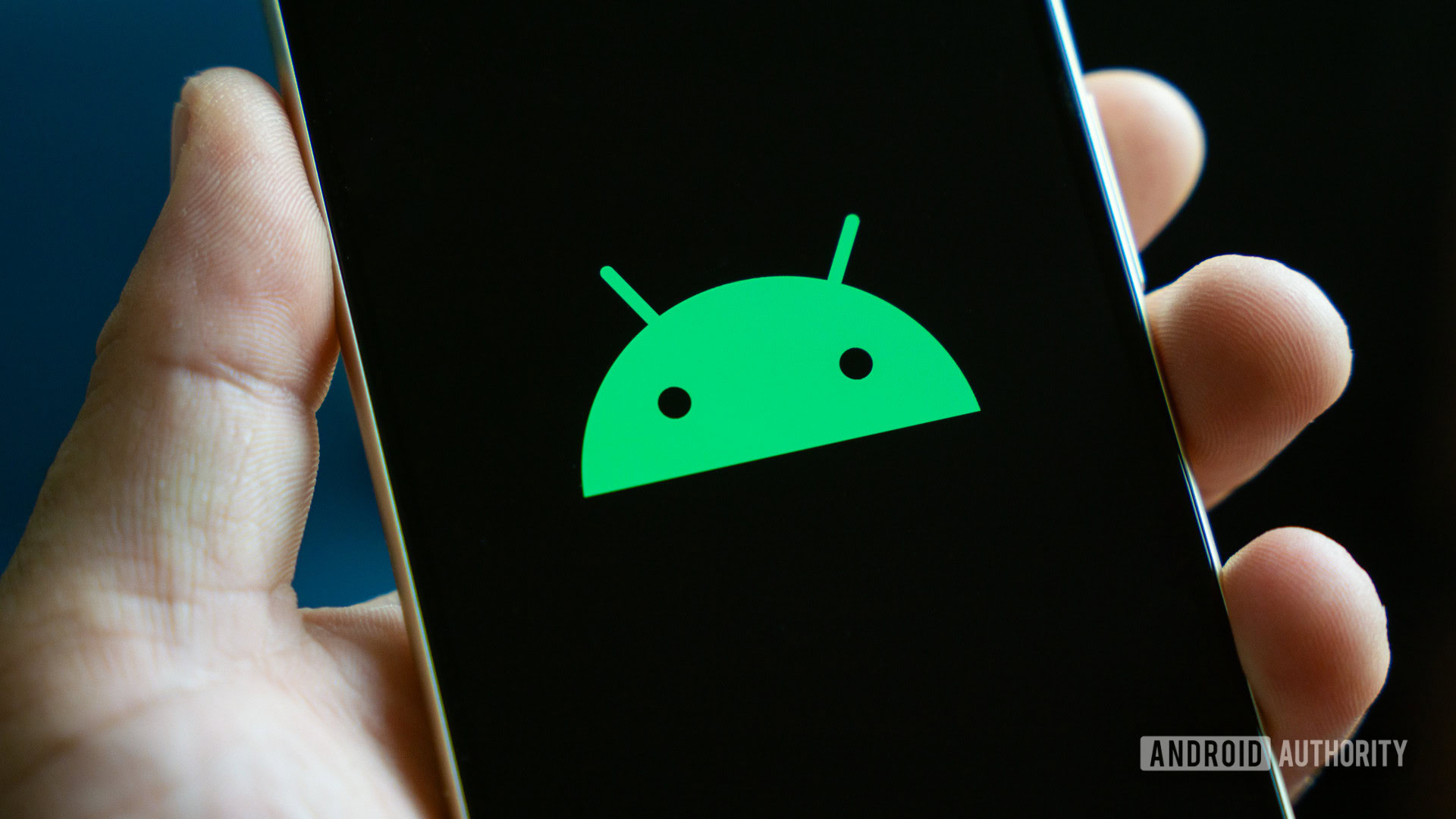- cross-posted to:
- android@lemmy.world
- cross-posted to:
- android@lemmy.world
TL;DR
- Efforts like Graphene OS face increasing pressure from apps that refuse to run on non-standard Android.
- The custom ROM project characterizes Google’s approach to device attestation as incomplete and flawed.
- Graphene OS is prepared to take legal action if Google won’t let it pass Play Integrity checks.



I hope some OEM (especially those opposed to google) picks up and develops mainline linux like Pine Phone. There are already several mobile UXs and distros with prebuilt images available as well, and it has been shown multiple times that Android apps can run fairly easily on linux. It would be a big risk, but I think it’d at least find a market success like the Steam Deck.
Android in its current state is the same as Chromebooks. A glorified walled garden of google’s crappy choices & DRM which just so happens to run on the Linux kernel because it’s free. People downvote me for this, but I maintain that even Dalvik and the android runtime itself is an inefficient relic of 10+ years ago when mobile devices had at most 2gb of ram and a tiny low power ARM processor.
It runs like complete crap sometimes on modern devices despite huge advancements in the underlying tech. It feels like a knockoff JVM which is already a known memory hog.
On top of that, it sticks with single kernel releases with proprietary OEM binaries so you have devices out here running on kernels as old as 3.x because no custom ROM will be able to recompile the device modules for a newer kernel.
It is almost hilarious to me that Moonshell, a multimedia homebrew software for the Nintendo DS (4mb of RAM), has more complete features, file compatibility, and better UI design than at least 95% of the music apps on Google Play. And it was written by literally one guy. I was honestly surprised at just how many music players lacked functionality as basic as supporting m3u playlists.
The problem of being stuck on an old kernel isn’t because of Google or Android, but because of chip makers (e.g. Qualcomm) not providing drivers.
I do blame Google. It’s their platform. They could mandate upstream kernels.
They could define auto discoverablity for their platform hardware. Then it would be possible for generic ROMs to boot on any Android phone.
I feel that the mobile world is ripe for disruption. There has not been excitement for new devices in a while from me and my friends who are all into tech. I remember 00s and early 10s where we used to discuss new devices all the time.
Most of us are STUCK with Apple and Google because they have both built walled gardens. It is not just the apps, it is also moving away from open standards, moving away from even files. e.g., 10 years ago mp4 files used to hold all the metadata related to a TV Show/Movie so if you put that into a device (iTunes for example) it’ll have all the metadata, now this info is in a separate database. SMS for all it’s flaws was open, now google wants us to believe RCS is also open (LOL).
This has led to a basic degradation in all the basics, echoing your example that it is impossible to find a decent music app.
Even apples own music has has ACTIVELY DEGRADED. Bottom bar of apple music app was “Albums”, “Songs”, “Artists”, and “Playlists” and YOU COULD CHANGE THE BOTTOM BAR. Now it is literally “Home” == Ads, “Browse” == Ads (pls buy apple music), “Search” == Ads. and LITERALLY only 1 page called “Library” where you can access your own purchased library. Same happened with apple books.
Android has seen similar shitty stuff, I remember being excited about actually FUN android games, tiny thief, vector, cut the rope, where is my water, etc. Now it is all ads, paywall nonsense.
Not to mention the Today page of the Playstore ACTUALLY USED TO BE USEFULL for highlighting some apps. And is not LITERALLY ONLY F***** ADS.
I feel/hope/pray that we have a SteveJobs 2007 type iPhone event around the corner, because everyone is ready for it.
There really is a dearth of choices. I’ve little love for Google’s version of android, mostly for privacy reasons.
If I could get a decent phone that ran at reasonable speed for a tolerable price, without the tracking, I’d be willing to give it a go - and endure more than a few pain points.
Getting an “a” series pixel for a few hundred and going grapheneOS seems like a good option, no?
I have tried it. Pixel 6a.
My banking app works. That’s good.
RCS messages don’t. Could live without that.
Merlin bird ID doesn’t. Pain point all right, but I’ll live.
My Galaxy Watch doesn’t. Probably not GrapheneOS’ fault, and I should buy a better watch, but that will only happen when this one dies.
Now I use a pixel 7a with stock ROM. Everything works, and if I get sick of it, I can get back to GrapheneOS and it’s quirks…
Huawei is being forced to do it. But like Android, their HarmonyOS is not 100% open-source. There’s also KaiOS, which some Nokia and Alcatel, and all Jio, devices use.
Both the ones I mentioned are designed to be more memory efficient. KaiOS in particular is aimed primarily at feature phones and entry-level smartphones.